Can Guinea Pigs Eat Plums? 6 Interesting Facts And More!
Thinking of sharing your food with your guinea pig? but can guinea pigs eat plums? Of course, they can. Behind this mouth-watering fruit are tons of benefits that are essential for your growing pet. Typically, plums are famous for their flavorful taste, juiciness, and sweetness.
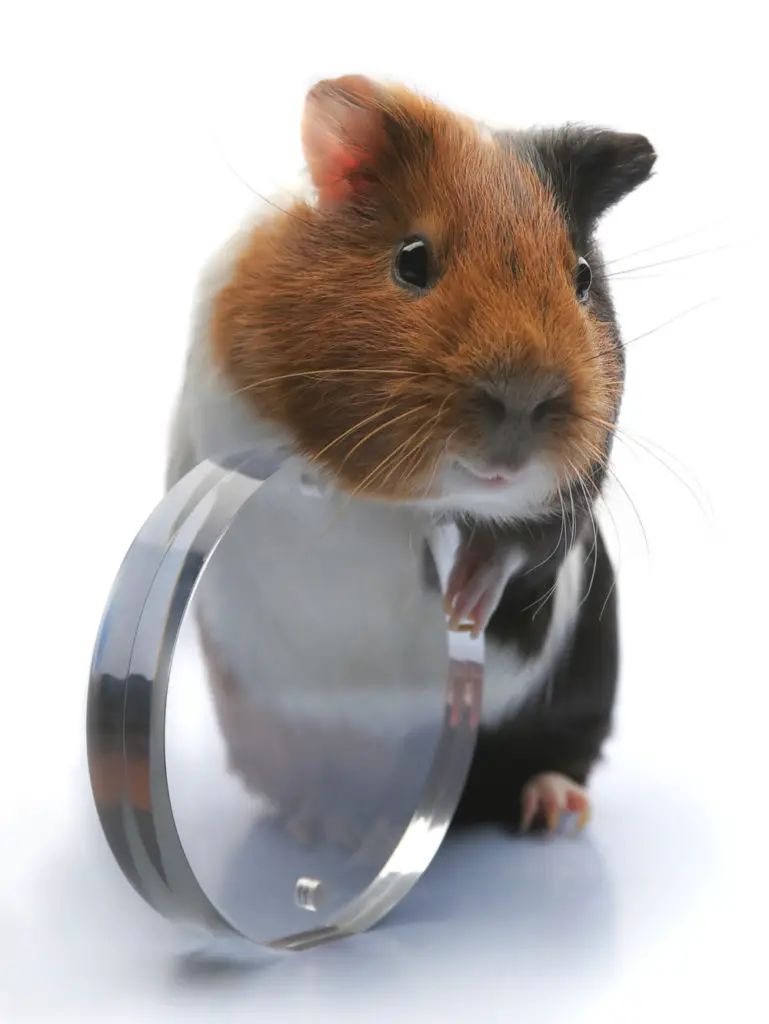
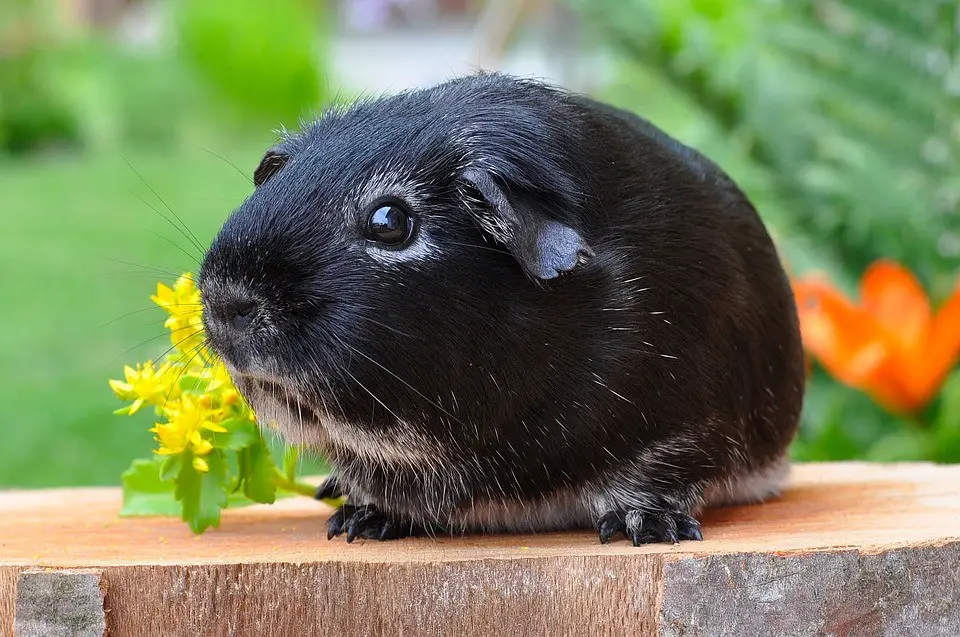
Fruits are necessary for the diet of your guinea pig. Consider feeding them one or two times only per week as feeding too frequently can have harmful effects. Giving fruits to your guinea pig will not only provide the nutrients that it needs, but it will make its mealtime enjoyable!
This article will help you know about the benefits, nutritional facts, and risks of giving plums to guinea pigs. If you want to gain knowledge about the benefits of feeding plums to guinea pigs, keep on reading!
Quick Facts
- Anthocyanin and Quercetin are what you can find on plums that prevent the brain’s breakdown.
- Plums contain a lot of vitamins, minerals, and are a great source of Vitamin C.
- In 3.5 ounce plum, there are 43 calories.
- Dried plums are called prunes
- Plums vary in size, can be as large as a baseball or small as a cherry. If you are thinking of feeding cherries to your guinea pig, you should read this article can Guinea pigs eat cherries
- Plums can be grown on any continent except Antarctica.
4 Health Benefits Of Plums
Aside from these being edible, plums also provide a delicious taste packed with numerous benefits that your guinea pigs can enjoy. Here are some reasons why guinea pigs should eat plums.
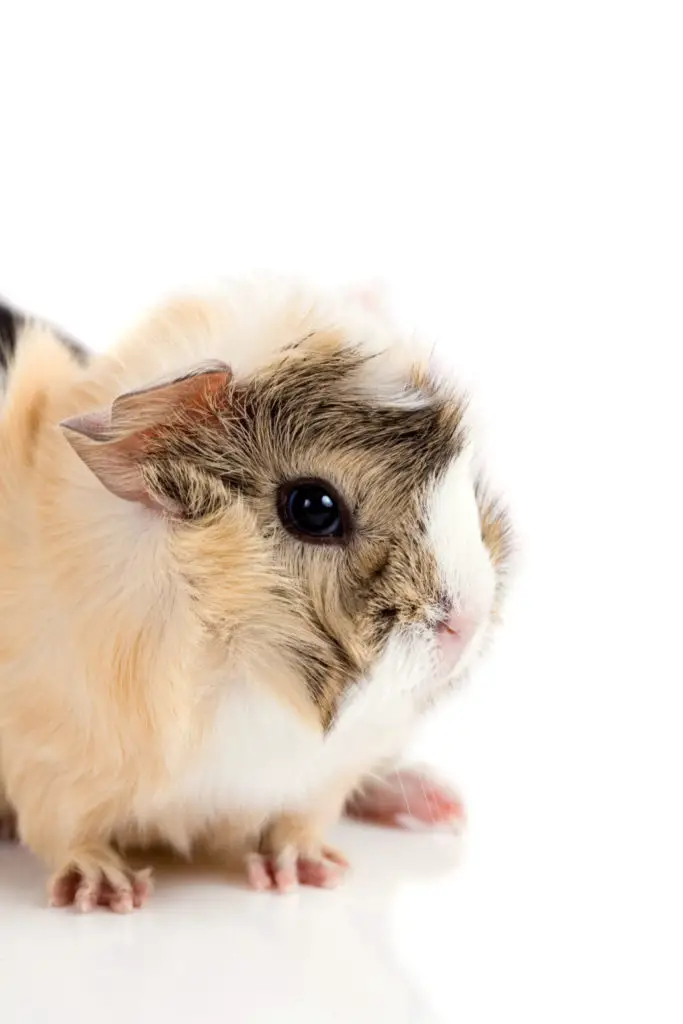
1 Boosts immune system
Plums contain a good source of Vitamins A, C, and K and more essential vitamins to protect and boost the body in fighting against diseases. It helps in the proper functioning of the immune system of your cavies. Lack of vitamins may result in inflammations and a higher chance of complications.
2 High in antioxidants
Antioxidants play an essential role in protecting the cells from damage caused by free radicals. Specifically, plums contain polyphenols that positively influence bone health and lower the chance of getting diabetes.
3 Lowers heart complications
Plums have a positive effect on heart health. By eating plums, your guinea pigs can prevent high cholesterol levels, blood pressure, and as well as other cardiovascular diseases. Consuming plums can have a beneficial and protective influence on their body.
4 Enough fibers
Approximately two grams of fiber are there in raw plums. Fibers help normalize bowel movement and smoothen digestion. It helps in the regular excretion of waste in their body, thus making them live longer and less prone to toxicity.
Nutritional facts of plums
If you are preparing plums for your guinea pigs, you have probably known that plums are juicy and delicious. However, there are still a lot of things that you should know about plums, for instance, their nutritional facts. Let us dive into the nutritional facts of plums.
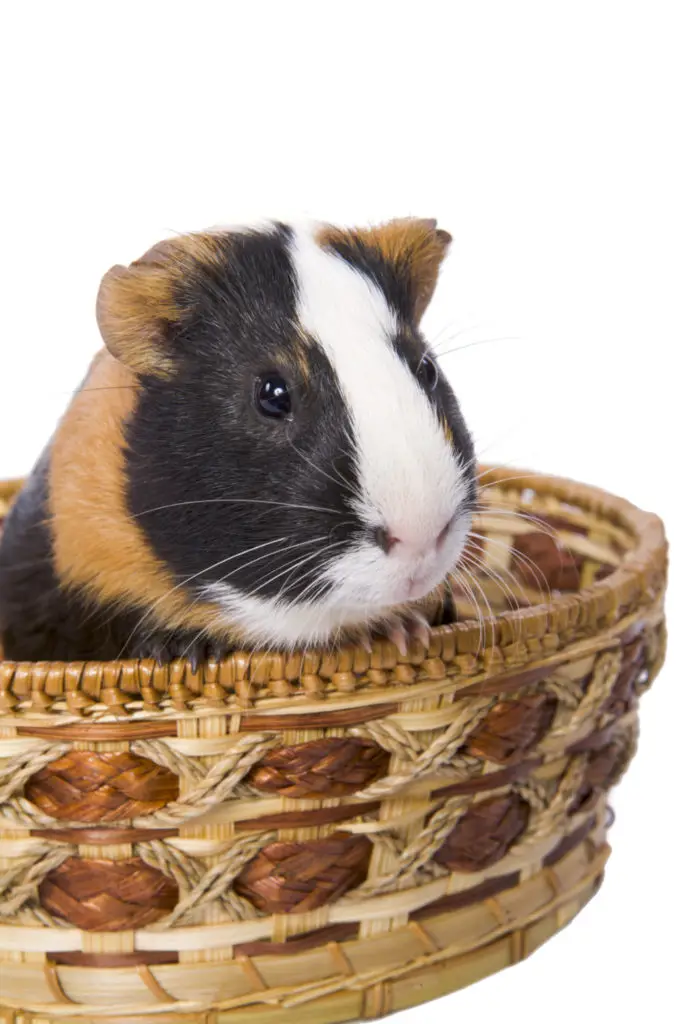
A single plum contains an estimate of 57.57 grams of water, 30.36 kcal energy, 0.46 grams of protein, 0.18 grams of fat, 7.54 grams of carbohydrate, 0.92 grams of fiber, 6.55 grams of sugar, 3.96 milligrams of calcium, 0.11 milligrams of iron, 4.62 milligrams of magnesium, 10.56 milligrams of phosphorus, 0.02 milligrams of vitamin B6, 103.62 milligrams of potassium, 6.27 milligrams of vitamin C, and 4.22 milligrams of vitamin K.
Although it is clear that plums have a lot of nutrients to give, take note that feeding too much can be dangerous. Because of their delicious treats, your guinea pigs might agree that too many plums are not enough. I admit that it can be tempting to give my pet more since my ginger is adorable when it nibbles on these yummy plums.
However, you have to stick to the number of serving sizes, no matter how hard your guinea pig asks. The necessary number of plums per day is only one, and you can only give this to your guinea pigs twice a week.
In addition to this, when serving plums to your guinea pigs, remember to remove the plum’s pit, as it has cyanide that can lead to choking. You should not peel off the skin of the plum because of most of the antioxidants present in it.
I would chop plums into smaller portions before feeding them to ginger to control the amount of food it eats.
Risks To Consider
Aside from knowing the benefits of the food, you have to take note of the following risks that may occur once you feed plums to your guinea pigs. Plums can be either the sweetest treat your guinea pig can have, or they can be the highest contributor to diseases if fed beyond the recommended amount. Below are the possible risks your guinea pigs can have:
1 Indigestion/stomach ache
Plums have a high content of sugar. It is not advisable to offer plums to your guinea pigs daily because they may lead to indigestion and stomach ache. Take note that their stomachs are fragile, and they are unable to digest sugar efficiently.
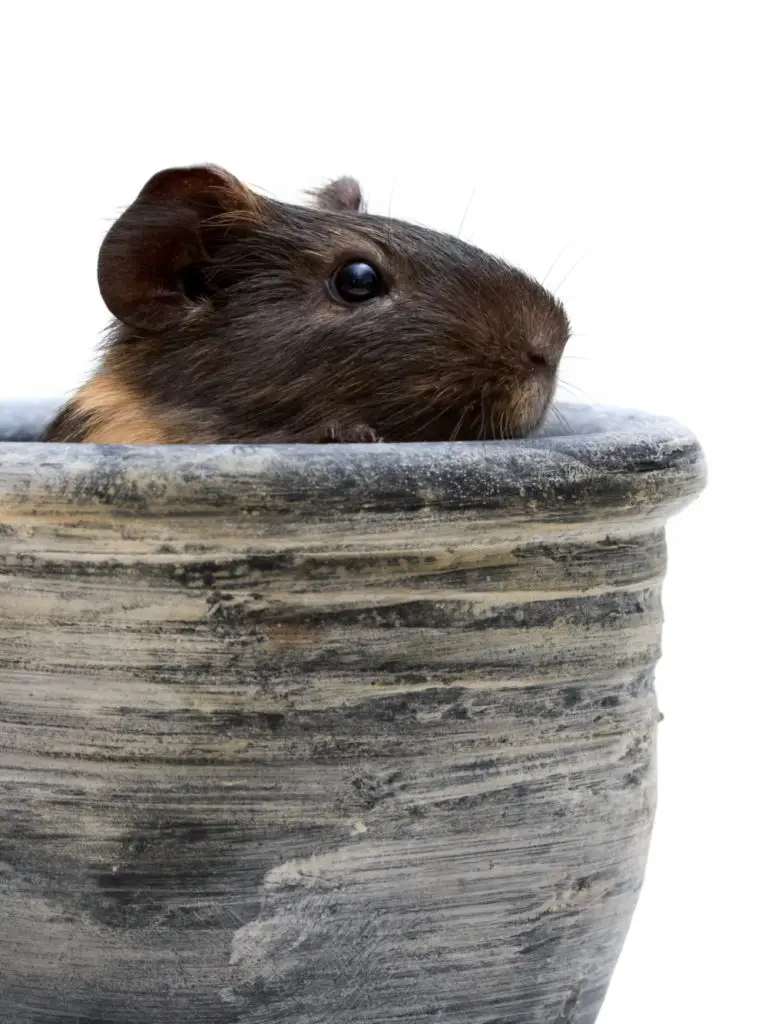
2 Diabetes
Plums are rich in sugar. Giving them foods that have a high level of sugar and carbohydrates regularly may lead to diabetes and other related health issues.
3 Formation of calcium stone
Plums have oxalates that can contribute to the formation of calcium stones. Once this occurs, it may cause a lot of pain to your guinea pigs.
Crying is one of the signs of pain in guinea pigs. You can have a better understanding of interpreting the reason for crying in the guinea pigs by reading this article why do Guinea pig cry
Overfeeding plums can be deadly in some cases. You can read this article to have information about different issues that can kill your lovely guinea pig why did my Guinea pig die
Are Plums For Guinea Pigs?
You might have lots of questions in your head right now, but don’t worry, I will answer everything that’s bothering you in detail; whether or not plums are a good choice for your guinea pigs.
Can guinea pigs eat plums tree branches or leaves?
No. Both branches and leaves contain traces of cyanide that is dangerous for the well-being of your cavies. Its branches could also be a choking hazard for your pets. It is better to avoid feeding them these and only give them the fruit itself.
Can guinea pigs have plum juice or plum puree?
Plum juice or plum puree contains amounts of preservatives and sweeteners. These chemicals could be harmful to your guinea pigs and upset their digestive system. Never give them processed fruit instead, give them fresh, organic ones instead.
Can guinea pigs eat canned plum?
Canned plum, though, known to be convenient for its skinless and seedless serving, is harmful to your cavies. Like puree, this contains many preservatives, sweeteners, and other chemicals. High fructose syrup is also present in these cans that are bad for your pets.
Can guinea pigs eat dried plums or prunes?
Guinea pigs can eat prunes. However, it is crucial to control their intake. Dried plums are high in sugar and calories. Eating dried plums could affect the health of your pet. Feed them these as an occasional treat instead.
Can guinea pigs eat plum pit?
Plum pits or seeds are tough, and they contain traces of cyanide. They are also large and could pose a choking hazard. If you are going to feed your pets, remove the seed inside the plums beforehand.
If your guinea pigs have accidentally swallowed or ate plum pit, immediately take them to a veterinarian and seek medical help.
Final Words
So now you have the answer to your question “can guinea pigs eat plums?” yes, only in moderation. Remember that as pet owners, we should be responsible for what we are feeding our rabbits. It’s good to see that you’d take an interest in this article; it only shows that you care for your pet!
Regardless, the health of your pet and its overall welfare is essential. Through knowing what is best for your piggies, both of you would have more time to spend with each other. Good luck and keep safe!
